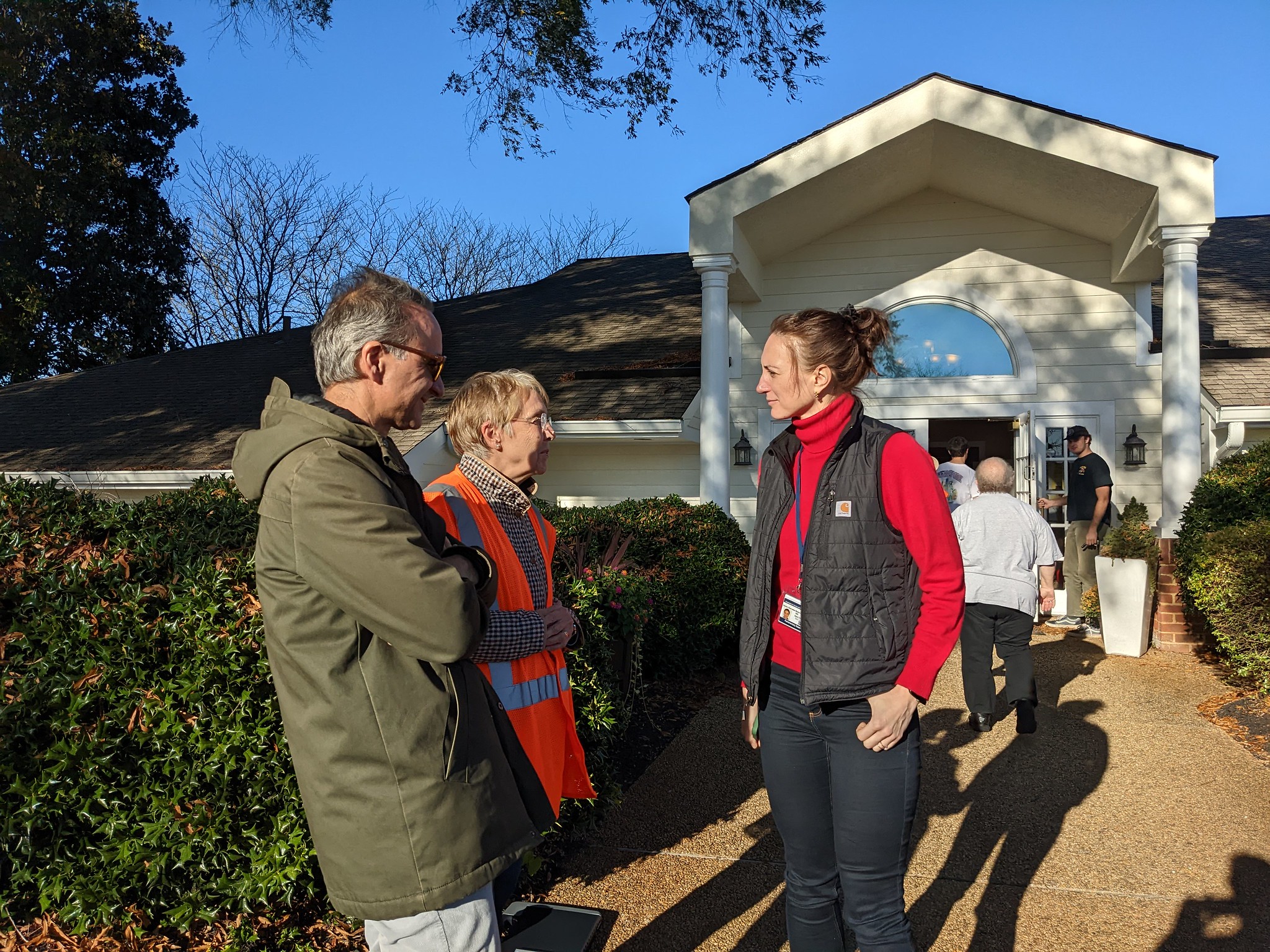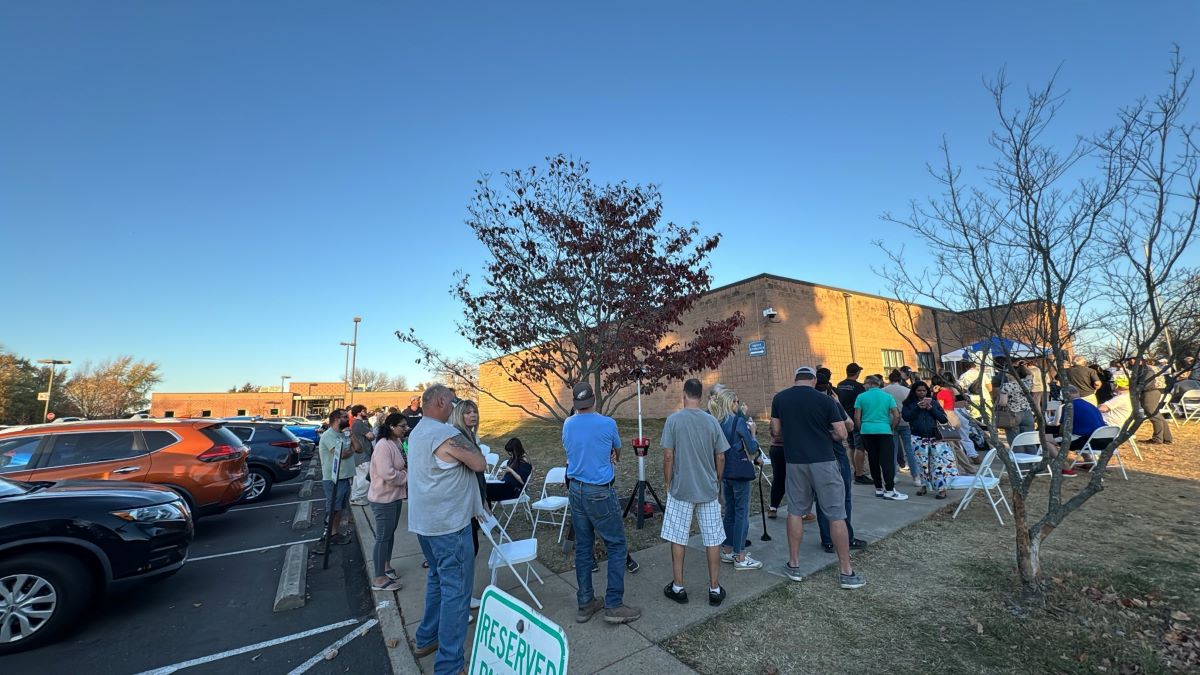PA Withholds Materials On Its Partnership With Censorship Agency
The Pennsylvania Department of State has refused to provide The Federalist with key communications and materials connected to its collaboration with the Cybersecurity and Infrastructure Security Agency (CISA). The Federalist submitted a Right To Know Request (RTKR) on July 25, asking for communications between the Pennsylvania Department of State and CISA from March 1, 2024, onward. This request stemmed from The Federalist’s previous reporting on the state’s partnership with CISA aimed at “mitigating threats” to elections, including addressing speech deemed “misinformation.”
The agency has been criticized for its role in government censorship operations. Although the Department of State indicated that its partnership included some form of intelligence sharing, it provided no clarity on what this intelligence was or its intended use. The Federalist obtained a single email mentioning a meeting about enhancing “information sharing,” but details remain elusive due to the state’s lack of transparency.
Over the following months, the Department of State repeatedly delayed its response to the RTKR, eventually providing only superficial communications, such as scheduling meetings and basic event summaries, while denying access to more significant materials. The agency partially rejected the request, citing internal discussions as the reason for withholding key documents related to their collaboration with CISA. The investigation highlights ongoing concerns about transparency and censorship within the state’s electoral processes.
The Pennsylvania Department of State refused to provide The Federalist with important communications, plans, and other material related to its work with the Cybersecurity and Infrastructure Security Agency (CISA).
The Federalist filed a Right To Know Request (RTKR) with the Pennsylvania Department of State on July 25 seeking “communications between PA DOS and CISA beginning from March 1, 2024 – present day.”
The request was made in light of The Federalist’s previous reporting that uncovered the state’s partnership with CISA to “mitigate threats” to elections, including speech it deems “misinformation.” CISA has been described as the “nerve center” of government censorship operations. The state would provide no additional details to The Federalist about what the collaboration would look like aside from indicating that it would include sharing “intelligence among the included government agencies.” The state never clarified what “intelligence” was being referred to nor what would be done with that information.
Notably, one email obtained by The Federalist in its RTRK response shows Secretary of State Al Schmidt (in an email to a slew of individuals, including those associated with CISA) talking about a meeting that occurred in which there were discussions on how to improve “information sharing.”
(What the “information” is remains unknown because the state stonewalled and then refused to turn over any substantive material about its ongoing work with a censorship agency that has targeted free speech over the years.)
The department first told The Federalist on Aug. 1 that it required 30 days to complete the inquiry. On Aug. 27, the department said it would require an additional two weeks “to complete its search for and review of records” relating to the inquiry. The Federalist granted the extension. On Sept. 17, the department informed The Federalist that it had “completed its search for records and requires a few additional days to complete its review of records.” The department said it “may be able to respond to your request by the end of this week.”
Six days later the department informed The Federalist that it was “still reviewing the records,” and on Sept. 27 it informed The Federalist that it “may be able to respond” to the request by the end of the following week. The department once again requested “additional days” to prepare its response. The Federalist once again inquired about the delay on Oct. 14 and then on Oct. 17; again the department said it needed additional time to review its response.
Having waited longer than the required time, The Federalist informed the department on Oct. 18 that it would go forward with a story with or without the documents, prompting the department to eventually send its response on Oct. 21.
But after months of stonewalling, the content that was shared was nothing more than basic email communications scheduling meetings and events and wishing a CISA agent good health after he broke his leg, and webinar overviews (including a summary of CISA’s webinar series, Project 2024, which included brief descriptions and dates).
That’s because the department denied The Federalist access to important materials related to its ongoing work with the “nerve center” of government censorship operations.
“Your request is denied in part because certain documents were withheld because they are internal, predecisional deliberations … that discuss a contemplated or proposed policy or course of action and are also considered to be research, memos and/or other documents used in the Department’s predecisional deliberations … ,” the agency said in a letter to The Federalist.
“Additionally, your request is denied in part because some of the records requested if released publicly would cause a security risk and expose the election system infrastructure to potential attacks; thus, these records are exempt from disclosure pursuant to [state statute],” the letter continued.
The Federalist appealed the state’s decision to withhold crucial information.
But The Federalist isn’t alone in being kept in the dark about CISA’s ongoing efforts to interfere in the election. House Judiciary Chairman Jim Jordan notified the agency in March that documents related to its partnership with Pennsylvania to target so-called “misinformation” were included in the Judiciary Committee’s ongoing subpoena.
Jordan alleged in a September letter sent to CISA Director Jen Easterly that “in addition to other defects, CISA appears to have failed to comply with this part of the subpoena’s obligations, having made only two limited productions related to Pennsylvania’s 2024 Election Threats Task Force in five months, consisting of less than 300 total pages and containing no documents dated after March 6, 2024.”
Brianna Lyman is an elections correspondent at The Federalist. Brianna graduated from Fordham University with a degree in International Political Economy. Her work has been featured on Newsmax, Fox News, Fox Business and RealClearPolitics. Follow Brianna on X: @briannalyman2
" Conservative News Daily does not always share or support the views and opinions expressed here; they are just those of the writer."





Now loading...